Pruritus and Itching
Pruritus: Understanding the Itching Sensation, Causes, and Expert Care at Pinnacle Dermatology
Pruritus, an itching sensation on the skin, can be a bothersome symptom often accompanied by redness, rash, or dry skin. It can signal underlying skin conditions, allergies, or systemic issues, significantly impacting one's quality of life. Pruritus can be caused by various factors, including dry skin, infection, fungus, other skin diseases, and rarely, cancer.
While pruritus can affect anyone, it is more commonly seen among the elderly, individuals with diabetes, those with suppressed immune systems, and people with seasonal allergies like hay fever or eczema. Pregnant women may also experience a specific type of pruritus called PUPPP (Pruritic Urticarial Papules & Plaques of Pregnancy).
At Pinnacle Dermatology, our expert providers specialize in diagnosing and managing pruritus, offering personalized care and advanced treatments to alleviate symptoms and address the root cause. If you're seeking relief from persistent itching, schedule an appointment at Pinnacle Dermatology for a comprehensive evaluation and individualized treatment plan to restore your skin's health and your overall well-being.
Examples of Pruritus and Itching
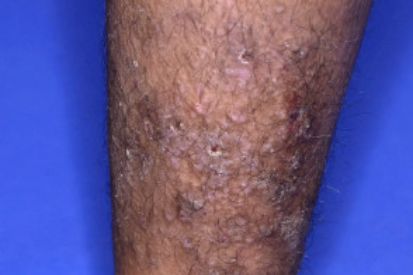
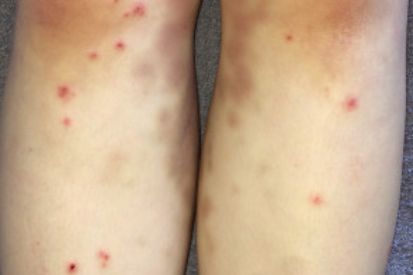
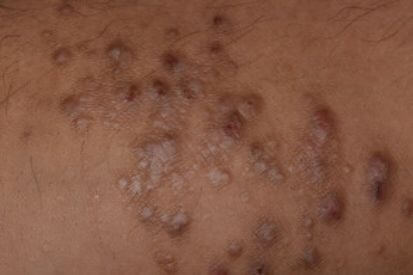
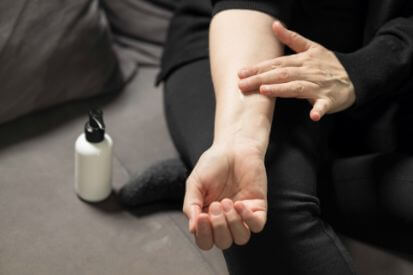
What are the symptoms of Pruritus?
- Itching that is difficult to resist scratching.
- Redness.
- Rash.
- Dry or cracked skin.
Causes of Pruritus
- Skin Conditions: Dry Skin (Xerosis), Eczema (Dermatitis), Psoriasis, Contact Dermatitis.
- Allergies: Allergic Reaction.
- Infections: Fungal Infections, Bacterial Infection.
- Systemic Diseases: Liver Disease, Kindey Disease, Thyroid Disorder.
- Hormonal Changes: Pregnancy, Menopause.
- Neurological Conditions: Nerve Disorder.
- Medications: Drug Reactions.
- Insect Bites.
How to Prevent Pruritus
Preventing pruritus, or itching, involves adopting habits and making choices to keep your skin healthy and itch-free. Prevention includes:
- Hydrate Your Skin: Moisturize Regularly.
- Be Skin Savvy: Gentle Cleansing, Choose Skin-Friendly Product.
- Avoid Allergens and Irritants.
- Healthy Lifestyle Choices: Stay Hydrated, Manage Stress.
- Sun Protection.
If itching persists or worsens, it's like a signal to call in the experts. Consult your dermatologist to investigate the cause and guide you on the best ways to keep your skin happy and itch-free.
Pruritus FAQs
Pruritus is just a fancy word for itching. It can happen for various reasons, like dry skin, allergies, or certain medical conditions. Your body is basically telling you that something is irritating your skin.
Occasional itching is normal, but if it's persistent or affecting your daily life, it's worth looking into. Your body might be reacting to something, and finding the cause can help you manage it better.
For mild itching, you can try over-the-counter creams and keep your skin moisturized. If it persists or gets worse, it's a good idea to see a doctor or dermatologist. They can pinpoint the cause and suggest the right treatment.
Yes, some products with fragrances or harsh chemicals can worsen itching. Choosing gentle, fragrance-free soaps and moisturizers can help soothe your skin. Your dermatologist can recommend products that are less likely to cause irritation.
Absolutely. Stress can have all sorts of effects on the body, including making your skin itch. Finding ways to manage stress, like exercise or relaxation techniques, might help alleviate itching.
How to Treat Pruritus
Treatment for pruritus depends on identifying the underlying cause. Your dermatologist will examine the itchy area and may make a small scrape on any rash to collect tissue for diagnostic testing. Typical treatment involves topical and/or oral steroids and antihistamines to help relieve the itch.
Schedule with one of our skin experts for your custom treatment plan.
Featured Blogs
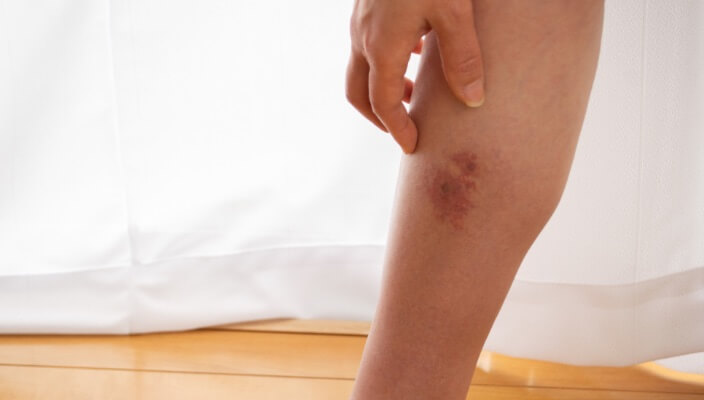
- General Dermatology
- Chronic Skin Conditions
Discover the ins and outs of cellulitis, from its causes and symptoms to essential treatment options, ensuring you're well-informed about this common bacterial skin infection.
Read More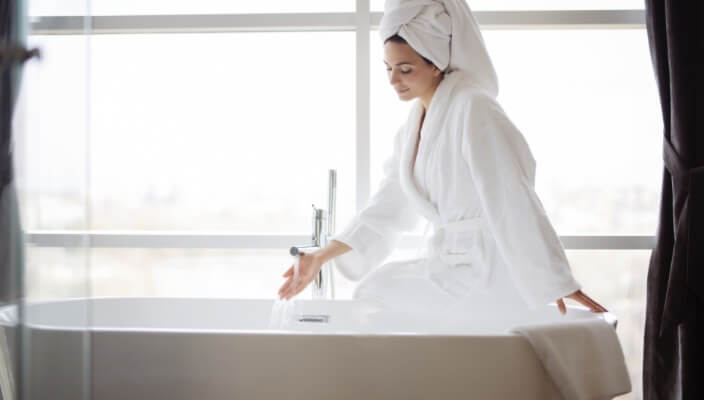
- General Dermatology
- Chronic Skin Conditions
We all have different skin concerns, but for many people, eczema is a common struggle. In fact, over 30 million Americans experience symptoms of eczema.
Read More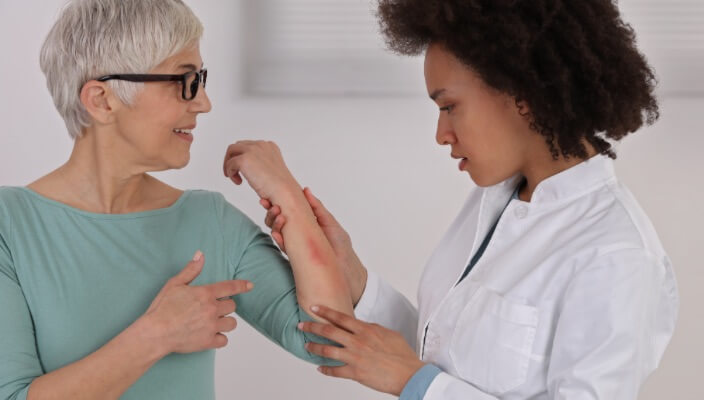
- General Dermatology
- Chronic Skin Conditions
Eczema, a chronic skin condition characterized by inflammation and intense itching, can be challenging to manage, especially during flare-ups.
Read MoreFeatured Products for Pruritis

Avene Thermal Spring Water 5 oz
A naturally soothing source for sensitive skin since 1743, Avène Thermal Spring Water's unique composition is clinically shown by over 150 studies to calm, soothe and soften the skin. Ideal for red, sensitive or irritated skin and perfect for post-workout, travel, outdoor activities or to freshen up makeup.

Epionce Renewal Calming Cream
Renewal Calming Cream is clinically proven to relieve the symptoms of eczema, including itching, redness and dryness. Formulated with cholesterol and ceramides to help protect the skin barrier, Renewal Calming Cream hydrates and repairs extremely dry skin.


